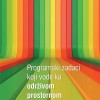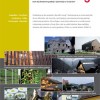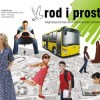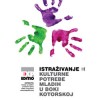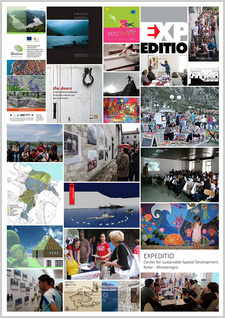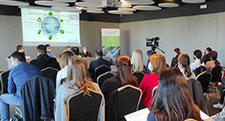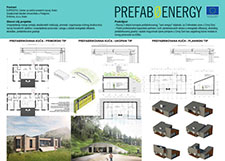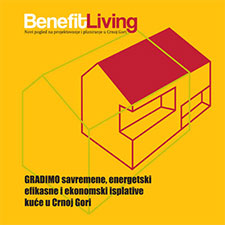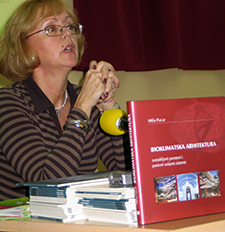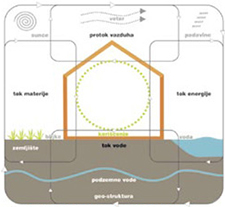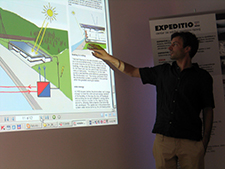When we start talking about the integration of gender equality into planning processes, we usually receive a comment: “We plan for all people”. This, in translation, should mean that planning is gender-neutral. However, this attitude actually reflects “gender-blindness”, i.e. ignoration of the fact that women and men have different needs, experiences and priorities. The current planning practice in Montenegro does not recognize these differences.
In traditional planning system, the specific needs of women are not taken into consideration. A gender-sensitive approach was not part of the planning education and, therefore, later it was not included into planning practice. Issues that illustrate the specific needs of women include a more intensive use of public transportation, childcare, the importance of the vicinity of schools and children’s nurseries, security and safety in public spaces, etc. Gender-sensitive planning aims to introduce a new perspective into the planning process
The publication is intended for both men and women who are open to gaining new knowledge and interested to begin creating a better framework for living in Montenegro, through spatial planning processes.
Publication is part of the project GENDER AND SPACE - Integration of Gender Equality Principles into Spatial Planning in Montenegro.

The project "Gender and Space" is financially supported by the Spatial Planning Support Project in Montenegro, funded by the Swedish International Development Cooperation Agency (SIDA) and managed by the United Nations Development Programme – UNDP.

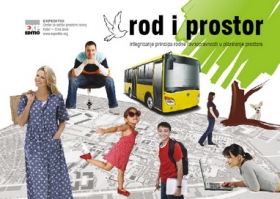


 EXPEDITIO is a non-governmental organization whose mission is to encourage sustainable spatial development in Montenegro and SEE region through activity in the fields of sustainable architecture, cultural heritage, urban planning and through projects that encourage overall development of the civil society. Expeditio was established in 1997.
EXPEDITIO is a non-governmental organization whose mission is to encourage sustainable spatial development in Montenegro and SEE region through activity in the fields of sustainable architecture, cultural heritage, urban planning and through projects that encourage overall development of the civil society. Expeditio was established in 1997.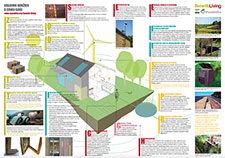
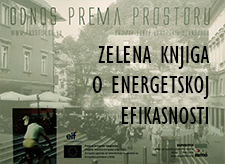

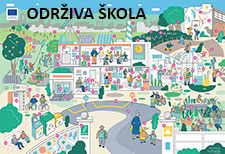

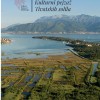
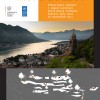
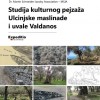
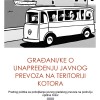
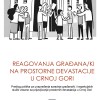
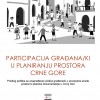
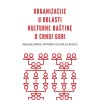
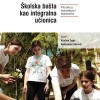

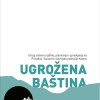
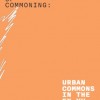
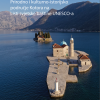


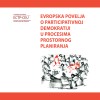
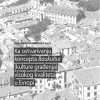


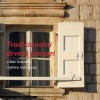

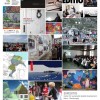
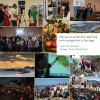
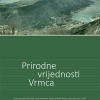
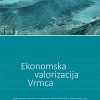
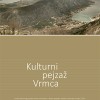
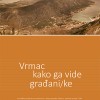

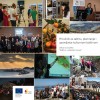
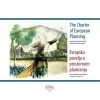



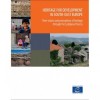


![Guidelines for the Revival of Public Spaces [Good practice selection] Guidelines for the Revival of Public Spaces [Good practice selection]](/images/resized/images/stories/expeditio/publikacije/Publikacija-Javni-prostori-naslovna_100_100.jpg)

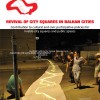
![Catalogue of Public Spaces in Boka Kotorska [selected sites] Catalogue of Public Spaces in Boka Kotorska [selected sites]](/images/resized/images/stories/expeditio/novosti_exp/javni-prostori-knjiga_100_100.jpg)


